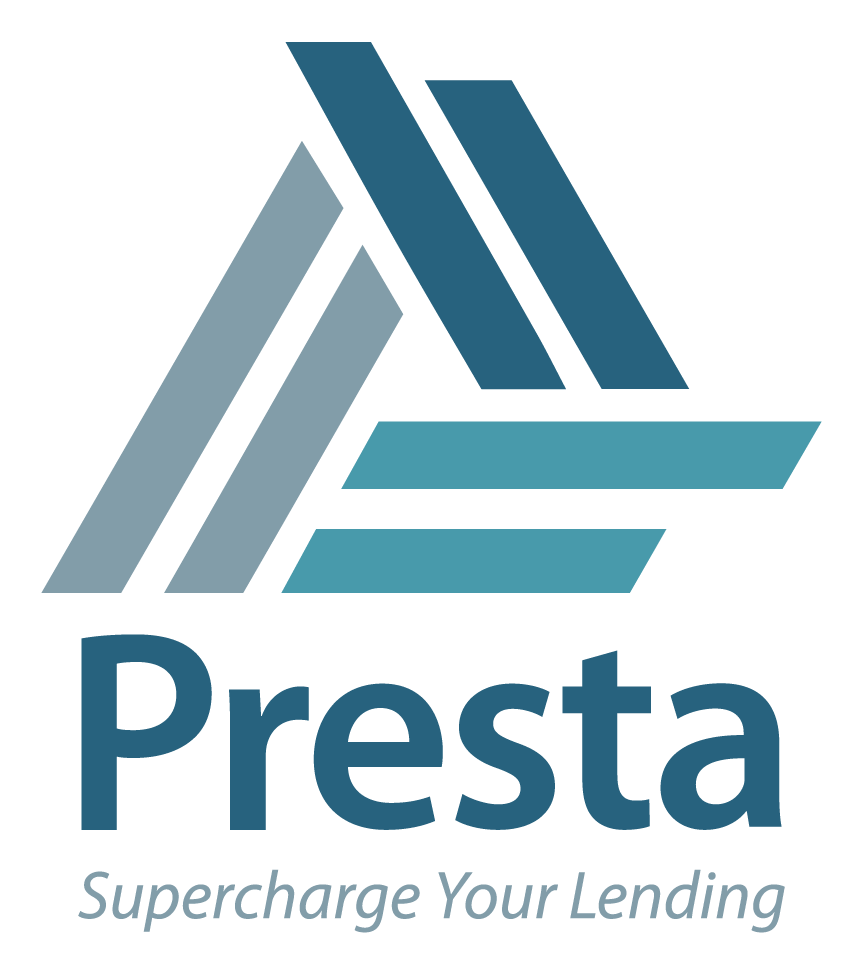How to do Payroll Loans in Kenya: Navigating Regulations and Embracing Efficiency
Introduction:
In Kenya, the popularity of payroll loans is on the rise, offering a convenient financial solution for both employees and employers. As individuals can repay loans through salary deductions, it’s imperative to delve into the regulatory landscape and emphasize the need for a robust online loan management system before venturing into payroll loans.
Understanding the Regulatory Framework: Obtain DCP License from CBK
The Central Bank of Kenya (CBK) is responsible for overseeing financial activities, including payroll loans. Lenders who wish to engage in this activity must obtain a Digital Credit Provider (DCP) license from the CBK. This license not only safeguards the interests of both borrowers and lenders but also enforces compliance with regulations.
Licensing Requirements for Digital Lenders: A Shift in Landscape
The Central Bank of Kenya (CBK) now has regulatory powers to oversee digital lending businesses since the amendments to the CBK Act in December 2021. The CBK has set up a regulatory framework and licensing requirements for digital lenders through the draft Central Bank of Kenya (Digital Credit Providers) Regulations. These regulations have been in place since around March 23, 2022.
Before applying for a digital credit provider license, lenders must determine if their business falls under the licensing regime. A “digital credit business” is one that offers loan services or credit facilities through digital channels such as the Internet, mobile devices, applications, and other digital systems authorized by the CBK. Operating without a license now attracts penalties, highlighting the importance of compliance.
It’s worth noting that traditional moneylenders, also known as “shylocks,” who engage in transactions with movable items for cash are exempt from this licensing requirement. Existing digital lenders regulated under other laws need not apply, as specified by the CBK.
Pros and Cons of Licensing Requirements for Digital Lenders: A Balancing Act
Pros:
- The regulatory framework promotes transparency, which fosters a trustworthy financial ecosystem, providing regulatory clarity.
- Licensing safeguards consumers from unethical lending practices, preventing exploitation, and promotes consumer protection.
- Holding a digital credit provider license enhances market credibility, building trust among borrowers and investors, which results in market credibility.
- Compliance mitigates legal risks, ensuring digital lenders operate within the bounds of the law, resulting in legal compliance.
- Proactive compliance demonstrates commitment and can provide a competitive advantage, resulting in a competitive edge.
Cons:
- Licensing introduces additional operational costs and administrative complexities, resulting in operational overhead.
- New entrants may face hurdles, limiting innovation and competition in the digital lending space, resulting in entry barriers.
- Increased scrutiny, while promoting accountability, may pose challenges in adapting to evolving regulatory expectations, resulting in stricter compliance oversight.
- Staying abreast of amendments and ensuring continuous compliance can be demanding, resulting in rapid regulatory changes.
Navigating the Regulatory Landscape: What to Do and What to Avoid
What to Do:
- To stay ahead of regulatory changes, regularly update your team on changes and adjust operations accordingly, resulting in staying informed.
- To streamline operations and comply with digital channel requirements, utilize robust loan management systems by investing in technology.
- Educate customers about the licensing framework, promoting consumer protection and ethical lending practices, resulting in customer education.
- Foster collaboration with regulatory bodies, contributing to the evolving regulatory landscape, by collaborating with regulatory bodies.
What to Avoid:
- Delaying the implementation of regulatory updates exposes your business to unnecessary risks and penalties, resulting in ignoring updates.
- Bypassing licensing requirements can lead to severe consequences, including fines and legal action, resulting in cutting corners.
- Neglecting consumer rights and ethical lending practices tarnishes your reputation and leads to regulatory issues, resulting in overlooking consumer rights.
- Underestimating the complexity of compliance can result in operational inefficiencies, resulting in underestimating compliance complexity.
The Need for a Robust System: Introducing Presta LMS (Loan Management System)
To manage payroll loans effectively, a reliable Loan Management System (LMS) is essential. That’s where Presta LMS comes in handy. It is a comprehensive solution designed to streamline the lending process, ensuring compliance, transparency, and accuracy.
Benefits of Presta LMS:
- Streamline repayment processes, reduce administrative burdens, and minimize errors with automated payroll deductions.
- Enhance transparency by tracking loan portfolios, repayments, and outstanding balances in real-time with real-time monitoring and reporting.
- Improve the borrower experience by tailoring loan terms to individual needs with customizable loan terms.
- Ensure adherence to CBK regulations with Presta LMS, providing peace of mind to lenders with compliance with regulatory standards.
Navigating the Payroll Loan Process in Kenya: Step-by-Step
- Start by obtaining a Digital Credit Provider license from CBK to navigate the payroll loan process in Kenya.
- Integrate Presta LMS (Loan Management System) for automated processes, real-time monitoring, and compliance features to streamline the lending process.
- Clearly outline transparent and fair terms for payroll loans by defining loan terms and conditions.
- Effectively communicate loan processes and repayment terms to potential borrowers by educating employees.
- Simplify the loan application and approval process with Presta LMS to streamline the application and approval process.
- Leverage automation for seamless and error-free payroll deductions by automating payroll deductions.
- Regularly monitor loan portfolios with Presta LMS, making necessary adjustments for optimization by monitoring and adjusting.
Conclusion: Navigating the Landscape for Financial Inclusion
To successfully navigate the landscape of payroll loans in Kenya, lenders must ensure regulatory compliance, efficient loan management systems, and transparent processes. By obtaining a Digital Credit Provider license from CBK and implementing a robust loan management software like Presta LMS, lenders can offer a seamless and secure experience, fostering financial inclusion and stability in the Kenyan market.











